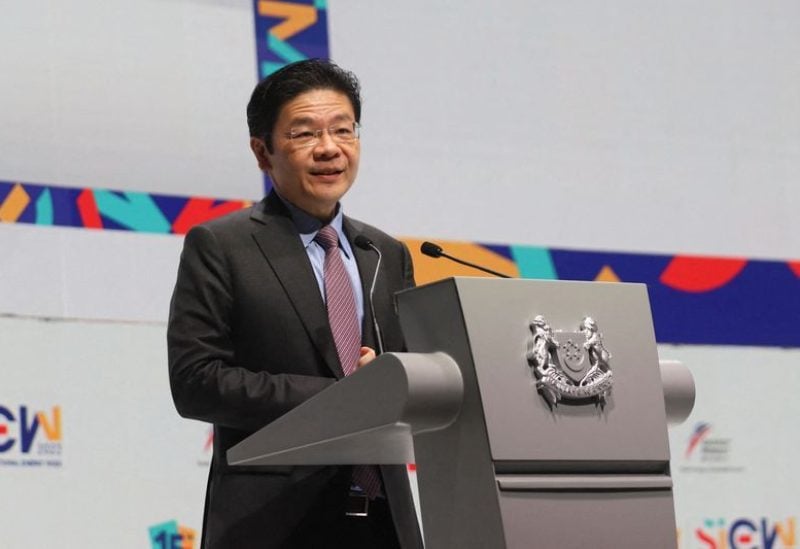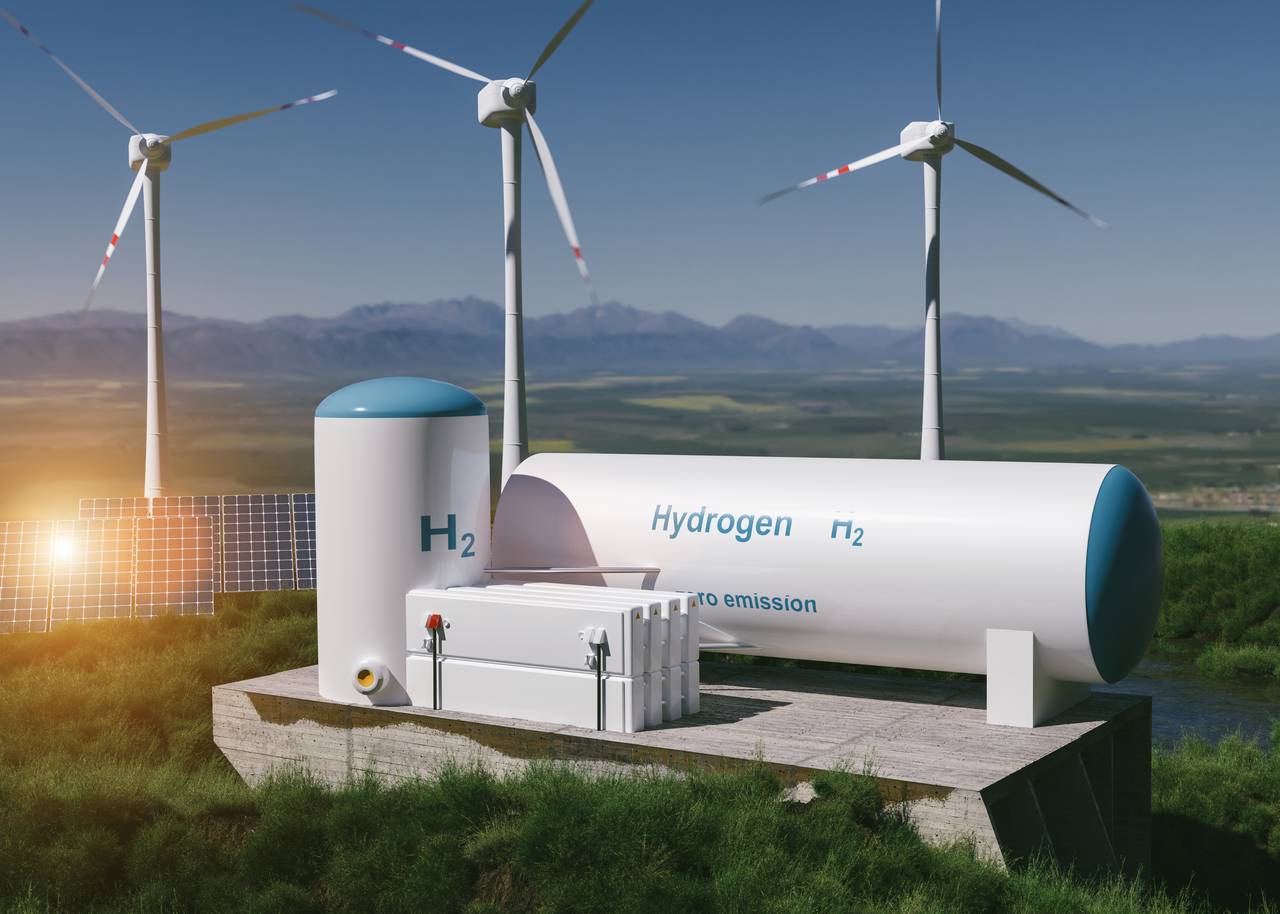
Singapore, a nation synonymous with innovation and efficiency, faces a critical challenge: achieving a sustainable energy future. With limited land resources and a heavy reliance on imported fossil fuels, the island nation is exploring groundbreaking solutions to power its growth. One promising answer lies in the potential of low-carbon hydrogen.
This article explores the rise of hydrogen as a clean energy source and how Singapore is positioning itself to leverage its potential for a decarbonized future by 2050
Why Low-Carbon Hydrogen Matters
Climate change necessitates a global shift towards clean and sustainable energy sources. Fossil fuels, the mainstay of our current energy system, contribute significantly to greenhouse gas emissions.
Although renewable energy sources such as wind and solar are becoming more popular, issues like storage and intermittency still exist. This is where hydrogen becomes a revolutionary substance.
Hydrogen, the most abundant element in the universe, has the potential to be a clean and versatile energy carrier. When produced using renewable energy sources like solar or wind through electrolysis, it is considered “low-carbon” hydrogen. After that, this green hydrogen can then be stored and transported for use in various applications, from generating electricity to powering vehicles.
In the Singapore Energy Lecture at the start of the Singapore International Energy Week on Tuesday, Deputy Prime Minister Lawrence Wong assumed: “While the technology and supply chains are still nascent, momentum has picked up substantially in recent years. Global investment in low-carbon hydrogen has increased exponentially, backed by policies from countries around the world to accelerate its production and usage”.
He also observed that a growing number of production projects worldwide, and upcoming technologies currently undergoing trials. From there, these technologies will be available for commercial use soon.
As a result, these advancements have instilled confidence in the authorities that low-carbon hydrogen could be the next significant focus in Singapore’s domestic efforts to decrease emissions, along with some renewable energy sources such as solar power and electricity imports.

Singapore’s Carbon Hydrogen Ambitions: A Nation Stepping Up
Singapore recently had an increased climate ambition, aiming for net-zero emissions by 2050. Besides, the government announced that the country’s greenhouse gas emissions are projected to peak earlier this decade, reaching 60 million tonnes by 2030, a reduction from the previous estimate of around 65 million tonnes by the same year.
Recognizing the transformative potential of hydrogen, Singapore has embarked on a bold mission to become a regional leader in this clean energy space. In 2021, the nation launched its national Hydrogen Strategy, outlining a roadmap for the development and deployment of hydrogen technologies. Here are some key aspects of this strategy:
- Investing in Research & Development: Singapore is actively investing in R&D initiatives to advance hydrogen production, storage, and transportation technologies. Thus, this fosters domestic innovation and positions the nation at the forefront of the hydrogen revolution.
- Building Infrastructure: Developing a robust hydrogen infrastructure is crucial. This includes establishing production facilities, storage solutions, and refueling stations for hydrogen-powered vehicles.
- Collaboration and Partnerships: Singapore is fostering collaboration with international partners, research institutions, and private companies to accelerate the development and deployment of hydrogen technologies.

Powering the Future: Applications of Low-carbon Hydrogen
Hydrogen offers a multitude of potential applications for a decarbonized future:
1. Electricity Generation: Using hydrogen in fuel cells can generate clean and efficient electricity for homes, businesses, and industries.
2. Transportation: Fuel cell electric vehicles (FCEVs) powered by hydrogen offer a clean and sustainable alternative to gasoline and diesel vehicles. They boast rapid refueling times and significant range, making them ideal for long-distance transportation.
3. Industrial Applications: Using hydrogen in various industrial processes, particularly in sectors like steel production and ammonia synthesis, where decarbonization is a major challenge.
Challenges and Opportunities: Embracing the Hydrogen Future
While the potential of hydrogen is undeniable, there are challenges to overcome:
- Cost Competitiveness: Currently, low-carbon hydrogen production is relatively expensive compared to traditional fossil fuels. Technological advancements and economies of scale should bring down costs in the future.
- Infrastructure Development: Building a comprehensive hydrogen infrastructure, including production facilities and refueling stations, requires significant upfront investment.
- Safety Considerations: As with any new technology, safety protocols and regulations for hydrogen production, storage, and transportation need to be established.
However, the opportunities presented by embracing low-carbon hydrogen are substantial:
- Energy Security: Shifting to domestically produced hydrogen reduces dependence on imported fossil fuels, enhancing Singapore’s energy security.
- Economic Growth: The hydrogen presented new opportunities sector for job creation, business development, and attracting foreign investments.
- Environmental Sustainability: Wide-scale adoption of hydrogen can significantly contribute to Singapore’s goal of achieving net-zero emissions by 2050.
Conclusion: A Hydrogen-powered Future Awaits
Singapore’s ambitious vision of utilizing low-carbon hydrogen to power its energy future by 2050 is a testament to the nation’s commitment to sustainability and innovation. While challenges exist, the potential benefits of hydrogen are undeniable. By investing in R&D, building infrastructure, and fostering collaboration, Singapore is well-positioned to become a leader in the global hydrogen revolution. This shift secures the nation’s energy future and paves the way for a cleaner and more sustainable future for all.


